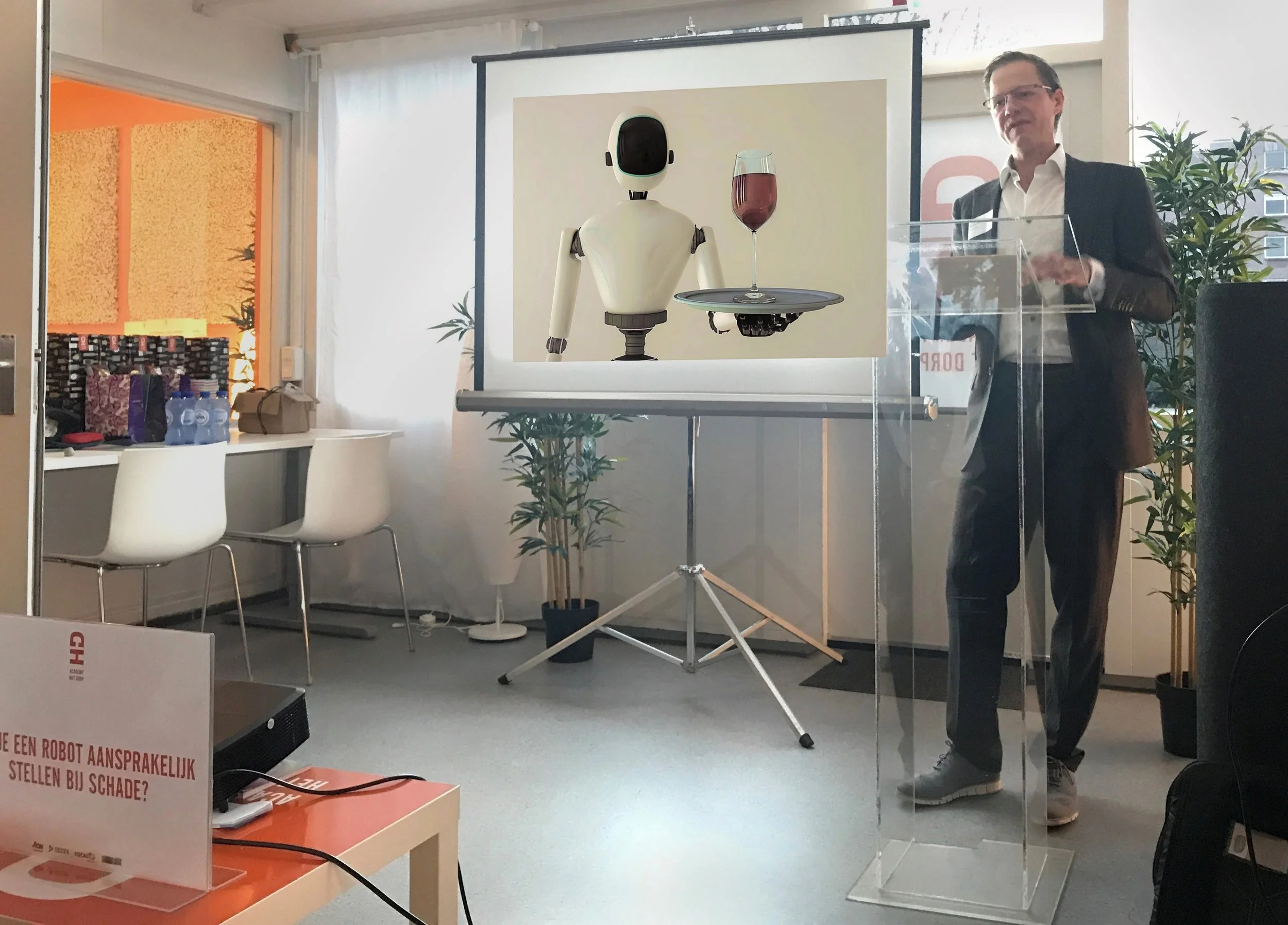Yale Law School, Yale Journal of Law & Technology (YJoLT) The Record 2021
New peer reviewed cross-disciplinary Stanford University Quantum & Law research article: “Establishing a Legal-Ethical Framework for Quantum Technology”.
By Mauritz Kop
Citation: Kop, Mauritz, Establishing a Legal-Ethical Framework for Quantum Technology (March 2, 2021). Yale J.L. & Tech. The Record 2021, https://yjolt.org/blog/establishing-legal-ethical-framework-quantum-technology
Download the article here: Kop_Legal-Ethical Framework for Quantum Tech-Yale
Please find a short abstract below:
What is quantum technology?
Quantum technology is founded on general principles of quantum mechanics and combines the counterintuitive physics of the very small with engineering. Particles and energy at the smallest scale do not follow the same rules as the objects we can detect around us in our everyday lives. The general principles, or properties, of quantum mechanics are superposition, entanglement, and tunnelling. Quantum mechanics aims to clarify the relationship between matter and energy, and it describes the building blocks of atoms at the subatomic level.
Raising Quantum Awareness
Quantum technologies are rapidly evolving from hypothetical ideas to commercial realities. As the world prepares for these tangible applications, the quantum community issued an urgent call for action to design solutions that can balance their transformational impact. An important first step to encourage the debate is raising quantum awareness. We have to put controls in place that address identified risks and incentivise sustainable innovation.
Connecting AI and Nanotechnology to Quantum
Establishing a culturally sensitive legal-ethical framework for applied quantum technologies can help to accomplish these goals. This framework can be built on existing rules and requirements for AI. We can enrich this framework further by integrating ethical, legal and social issues (ELSI) associated with nanotechnology. In addition, the unique physical characteristics of quantum mechanics demand universal guiding principles of responsible, human-centered quantum technology. To this end, the article proposes ten guiding principles for the development and application of quantum technology.
Risk-based Quantum Technology Impact Assessment Tools
Lastly, how can we monitor and validate that real world quantum tech-driven implementations remain legal, ethical, social and technically robust during their life cycle? Developing concrete tools that address these challenges might be the answer. Raising quantum awareness can be accomplished by discussing a legal-ethical framework and by utilizing risk-based technology impact assessment tools in the form of best practices and moral guides.
Mauritz Kop is a Stanford Law School TTLF Fellow, Founder of MusicaJuridica and strategic intellectual property lawyer at AIRecht, a leading 4th Industrial Revolution technology consultancy firm based in Amsterdam, The Netherlands. The author is grateful to Mark Brongersma (Department of Materials Science and Engineering at Stanford University), Mark Lemley (Stanford Law School), and Suzan Slijpen (Slijpen Legal) for valuable cross-disciplinary comments on an earlier version of this article. Thank you Ben Rashkovich and the Yale Journal of Law & Technology for excellent suggestions and editorial support. This article benefitted from comments at the World Economic Forum Quantum Computing Ethics Workshop.
Meer lezen






